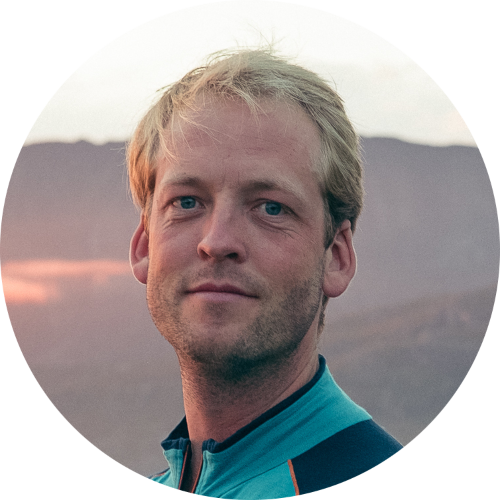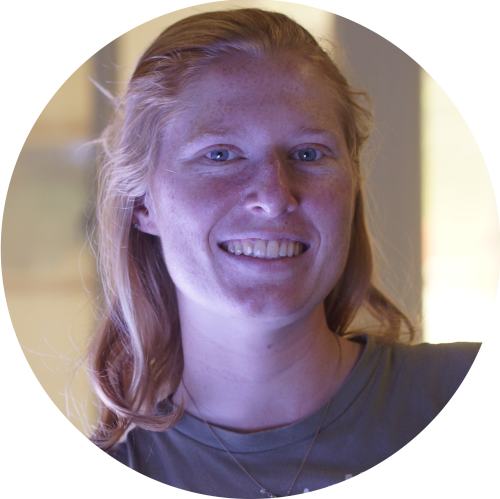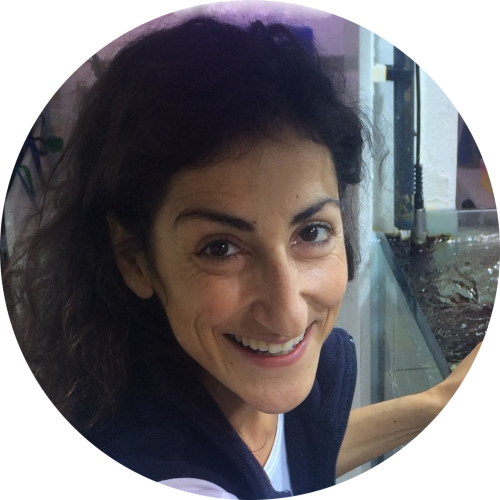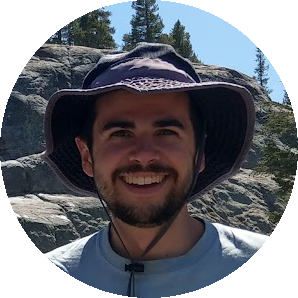PhD Student Wanted!
Outside the comfort zone: geochemical changes in marine calcifiers in response to extreme environmental conditions.
How does the geochemistry (trace element and isotopic composition) of skeletons produced by marine calcifying organisms (corals, foraminifera and coccolithophores) change when exposed to extreme conditions in past, present and future oceans? What can these responses tell us about the mechanisms involved in producing their biomineral shells?
This project will use geochemical measurements of calcium carbonate biominerals grown under controlled conditions to help us understand:
- how biominerals form
- how they will respond to future environmental conditions
- how we interpret their geochemistry as an archive of past environmental conditions.
Applications:
Applications for this position are now closed. Please see our jobs page for other opportunities.
Project Context
This PhD studentship is part of a large, cross-disciplinary project “Building Shells: Towards a Mechanistic Understanding of Biomineralisation” funded by the Leverhulme Trust. This project will involve three postdoctoral researchers and three PhD students over the next five years, bringing together physiological, geochemical and computational approaches to advance our understanding of biomineralisation mechanisms.
Scientific Background
Calcium carbonate shells formed by marine organisms play critical roles in Earth’s past, present and future climate. Shells in the modern ocean are key determinants of how much carbon the ocean absorbs, and therefore the trajectory of atmospheric CO2 in the coming decades. Shells in ancient oceans record environmental conditions in their trace chemical and isotopic composition, providing invaluable ‘proxy’ archives that underpin our understanding of how climate responds to major perturbations. The state-of-the-art in both predicting future calcification and inferring past climate conditions relies upon empirical relationships being extrapolated beyond the conditions that they were established in. This approach receives substantial attention and investment, but is limited by a key knowledge gap: we do not know how these ‘biominerals’ form. Specifically, we lack a mechanistic understanding of biomineralisation that can quantitatively predict their formation rates and composition in known environmental conditions. Without this, we cannot assess the validity of our empirical extrapolations, or even determine the sources or magnitude of the uncertainties inherent in them. This places fundamental limits on our ability to predict the response of biominerals to future climate change, and infer past climatic conditions from their fossil composition.
A complete understanding of biomineralisation mechanisms has remained elusive for two key reasons. First, decades of focused research has been restricted to disciplinary silos. Biologists have focussed on the physiology and architecture of biomineralisation, mineralogists have advanced our understanding of precipitation processes, and geochemists have established empirical links between the environment and biomineral composition. Second, biomineralisation involves the confluence of these processes at the nanometre to sub-nanometre scale in delicate, transitory environments that remain beyond the limits of our observational techniques. The “Building Shells” project proposes to surpass these disciplinary and technical boundaries by combining measurements of biomineral geochemistry, organism physiology and gene expression with Bayesian statistical techniques to derive a quantitative understanding of the underlying mechanisms of biomineralisation.
This PhD project will focus primarily on the geochemistry of the skeletal material produced by organisms in the project, although there will be ample opportunity to become involved in the other parallel and complementary aspects of the project.
Specific PhD Project Description
The PhD student will work closely alongside an existing team of three postdoctoral researchers and one PhD student, to grow corals, foraminifera and coccolithophores under conditions designed to examine the pathways of ion transport and the processes of crystal growth in biomineralisation. This PhD student will measure the trace element and stable isotopic composition of the biominerals produced by these organisms. These measurements will offer invaluable clues to the processes of biomineralisation, which will be complemented by measurements of the physiology and gene expression of the same organisms by existing team members.
These experiments provide a unique opporunity: we know a lot about the geochemistry of these biomineralising organisms, but so far measurements tend to be limited (i.e. just one or two trace element and/or isotope systems), and be tend limited to conditions found in the natural ocean. We plan to change this, and measure a comprehensive range of trace element and isotope systems on all samples, which will provide a complete geochemical picture of biomineralisation from the same sample. We’ll use this data to work out how the geochemistry of biominerals changes in response to environmental conditions, and what this can tell us about the mechanisms of biomineralisation, aided by physiological and gene expression data from other project members.
Organisms will be grown in both laboratory (Cambridge) and field settings (Green Island, Taiwan - you can read about our last trip here!), under variable temperature, pH, carbon concentration and Ca concentration. The experiments will be designed to push organisms outside conditions commonly found in the natural ocean, which have the potential to reveal the operation of fundamental biomineralisation mechanisms.
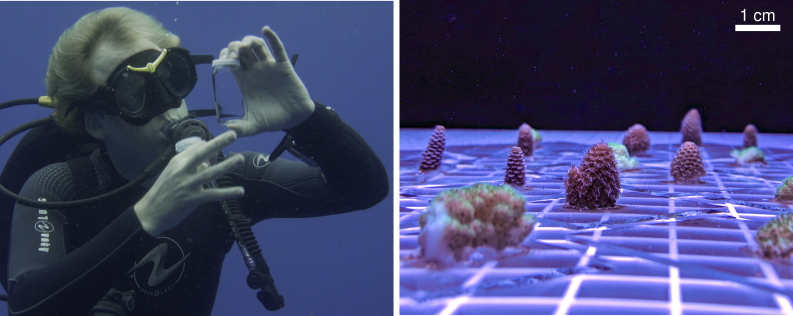
Training Provided
- Culturing methods for marine organisms:
- laboratory and aquarium control systems.
- water chemistry measurements - major and minor elements, pH, carbon chemistry.
- SCUBA diving for collecting organisms for field culturing.
- Geochemical measurement methods:
- ICP-OES and ICP-MS methods for measuring major and trace element concentrations in seawater and biominerals.
- Stable isotope ratio mass spectrometry for measuring carbon and oxygen isotope ratios in seawater and biominerals.
- MC-ICP-MS methods for measuring stable isotope ratios of trace elements within biominerals
- Data analysis and interpretation.
- Scientific presentation and writing.
Applications
An ideal applicant will have a strong background in natural sciences (chemistry, biology, Earth sciences, physics, etc.), and some or all of:
- Have taken courses relevant to this project (e.g. including topics on geochemistry, biominerals and their structure and composition, thermodynamic/kinetic processes).
- Have some practical laboratory experience conducting geochemical measurements or growing marine organisms.
If you’d like to find out more about what it’s like to work here, please feel free to contact anyone on the team and ask us anything!
Applications for this position are now closed.
